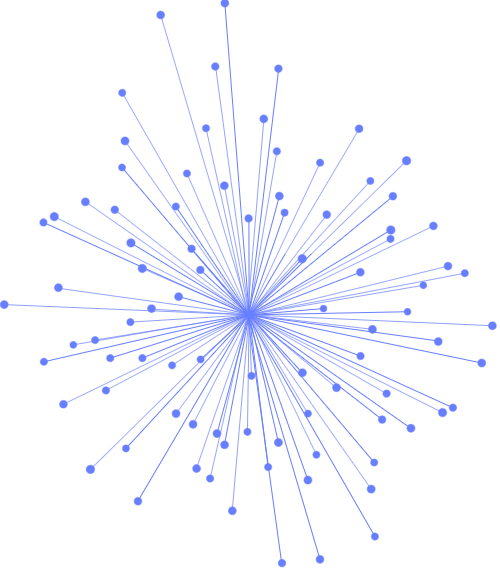
"Our tailored course provided a well rounded introduction and also covered some intermediate level topics that we needed to know. " Brian Leek, Data Analyst, May 2022








In this chapter you will get a short overview about what AI is exactly, and what we can do with it.
Azure AI services provides a comprehensive suite of out-of-the-box and customizable AI tools, APIs, and pre-trained models that detect sentiment, recognize speakers, understand pictures and many more.
This module introduces Azure OpenAI and the GPT family of Large Language Models (LLMs). You'll learn about available LLM models, how to configure and use them in the Azure Portal, and the Transformer architecture behind models like GPT-4o. The latest GPT models offer Function Calling, enabling connections to external tools, services, or code, allowing the creation of AI-powered Copilots. Additionally, you'll discover how Azure OpenAI provides a secure way to use LLMs without exposing your company's private data.
Vector search is a powerful technique that allows you to retrieve semantically related data from large datasets such as company documents or databases.
This chapter will teach you how vector search works and how it enables you to find relevant information without depending on exact keyword based search terms or language of the information in the dataset.
Azure AI Search facilitates the adoption of the Retrieval Augmented Generation (RAG) design pattern.
This methodology involves retrieving pertinent information from a data source and using it to increase the knowledge of generative AI models.This combination of retrieval and generation sets a new standard for AI-driven search solutions.
In this chapter, you'll explore advanced techniques allowing you to control the model's output, transforming generic responses into precise, valuable results.
Additionally the chapter covers emerging design patterns in the field of Gen AI app development that help you increase quality of model responses and reduce costs.
Learn about the available model catalog, featuring state-of-the-art Azure OpenAI models and open-source models from Hugging Face, Meta, Google, Microsoft, Mistral, and many more.
This chapter empowers you to bring powerful AI capabilities to end-user environments like mobile devices, personal computers and browsers, enhancing scalability, costs and performance. Additionally you will learn how to deploy and host your own open-source Language Models in the form of an API that you have full control over.
How can you ensure an LLM provides relevant and coherent answers to users' questions using the correct info? How do you prevent an LLM from responding inappropriately? Discover the answers to these questions and more by exploring evaluation metrics in Azure AI Foundry and the Azure AI Content Safety Service.
While building a complete AI-powered application from scratch can be beneficial, it is sometimes not the most efficient approach. In this chapter, you will learn the basics of extending the capabilities and knowledge of Copilot for Microsoft 365, allowing you to enhance its functionality and leveraging its robust and secure infrastructure and UI.

This course targets professional C# developers that want to get started with the Microsoft AI platform. Participants of this course need to have a decent understanding of C# and preferably some experience with Microsoft Azure.
This is not a course for data scientists who want to build their own AI models or understand how existing AI models work.

"Our tailored course provided a well rounded introduction and also covered some intermediate level topics that we needed to know. " Brian Leek, Data Analyst, May 2022
“JBI did a great job of customizing their syllabus to suit our business. Our teams varied widely in terms of experience and the Instructor handled this particularly well - very impressive” Brian F, Team Lead, RBS, Data Analysis Course, 20 April 2024

Sign up for the JBI Training newsletter to receive technology tips directly from our instructors - Analytics, AI, ML, DevOps, Web, Backend and Security.
In this course, you will learn to seamlessly integrate pre-built AI services and Large Language Models such as ChatGPT and Phi into your .NET development projects.
The course will teach you how to use your own data with Large Language Models using Azure AI Search.
Furthermore, you will gain hands-on experience with AI libraries such as Semantic Kernel. This course will equip you with the skills to integrate advanced AI capabilities into your software solutions without needing to be a data scientist.
CONTACT
+44 (0)20 8446 7555
Copyright © 2025 JBI Training. All Rights Reserved.
JB International Training Ltd - Company Registration Number: 08458005
Registered Address: Wohl Enterprise Hub, 2B Redbourne Avenue, London, N3 2BS
Modern Slavery Statement & Corporate Policies | Terms & Conditions | Contact Us
POPULAR
AI training courses CoPilot training course
Threat modelling training course Python for data analysts training course
Power BI training course Machine Learning training course
Spring Boot Microservices training course Terraform training course